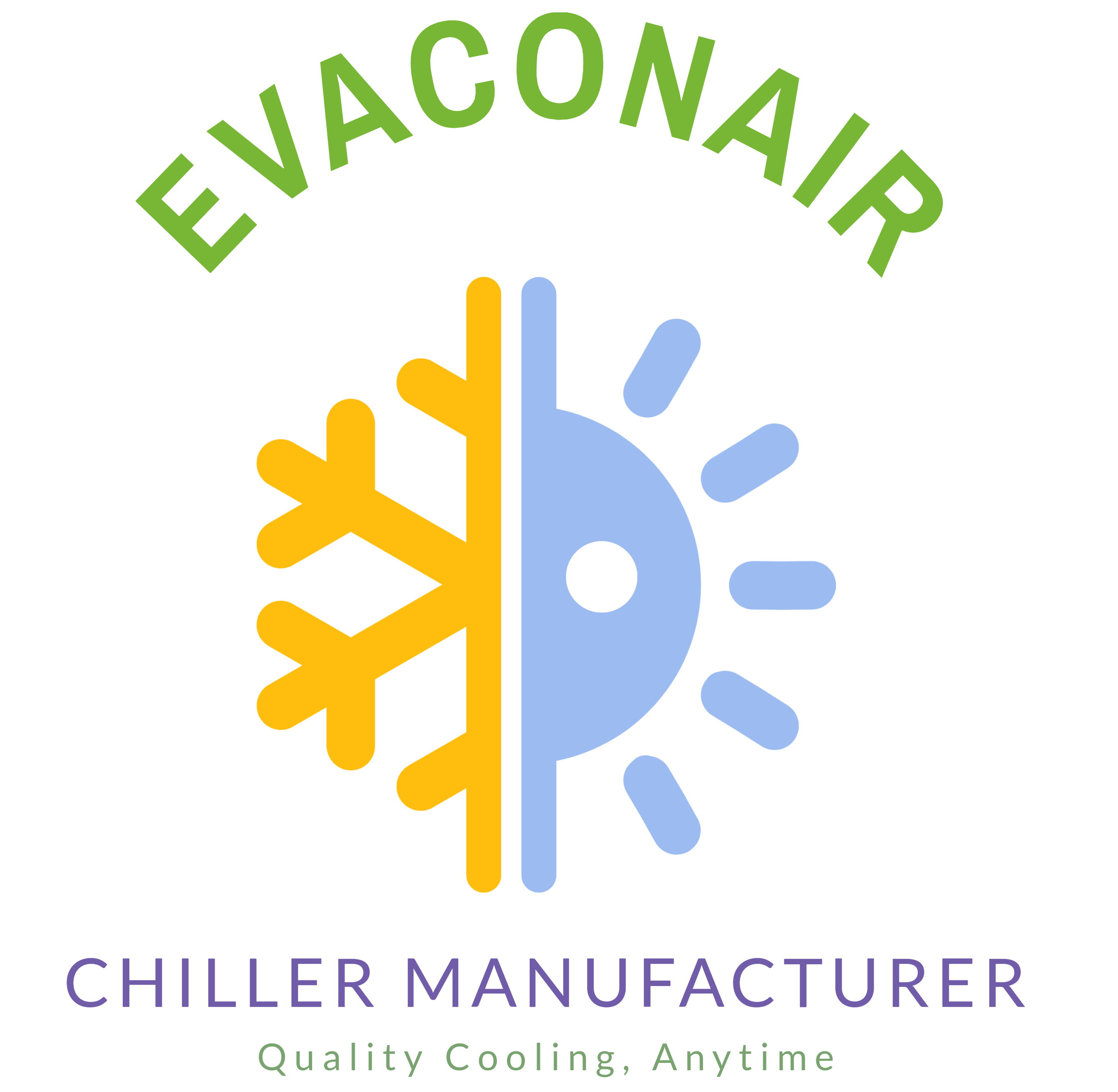Blog
What is the Role of HVAC in a Building?
The role of an HVAC system in a building is crucial for maintaining a comfortable, safe, and efficient indoor environment. HVAC stands for Heating, Ventilation, and Air Conditioning, and it encompasses a range of technologies and processes that regulate indoor climate and air quality.
Key Roles of HVAC in a Building
1. Temperature Control
One of the primary roles of an HVAC system is to maintain a consistent indoor temperature. This includes providing heating during colder months and cooling during warmer periods. Proper temperature control ensures comfort for occupants and protects sensitive equipment.
2. Ventilation
Ventilation is essential for introducing fresh air into a building and removing stale air. An effective ventilation system helps reduce indoor pollutants, control humidity, and maintain good air quality, which is vital for the health and well-being of occupants.
3. Air Conditioning
Air conditioning is responsible for cooling and dehumidifying the air within a building. This is particularly important in warmer climates or during the summer months to ensure a comfortable indoor environment and prevent excessive humidity that can lead to mold growth.
4. Energy Efficiency
Energy efficiency is a significant aspect of modern HVAC systems. Advanced HVAC systems are designed to optimize energy use, reduce operational costs, and minimize environmental impact. Features like programmable thermostats and high-efficiency equipment contribute to energy savings.
5. Humidity Control
Controlling humidity levels is crucial for maintaining comfort and preventing issues such as mold growth and condensation. HVAC systems manage humidity through air conditioning and dehumidification processes, ensuring a pleasant indoor environment.
6. Indoor Air Quality
Maintaining good indoor air quality is another critical role of HVAC systems. This includes filtering out airborne contaminants, such as dust, allergens, and pollutants, to ensure a healthy living environment for occupants.
7. Comfort and Health
The overall comfort and health of building occupants are significantly influenced by the HVAC system. By maintaining appropriate temperature, humidity, and air quality levels, HVAC systems contribute to a pleasant and safe indoor environment.
8. Regulatory Compliance
HVAC systems must adhere to various building codes and regulations to ensure they meet safety, efficiency, and environmental standards. Compliance helps in avoiding legal issues and ensuring proper system performance.
Summary
In a building, the HVAC system plays a vital role in managing heating, ventilation, and air conditioning to ensure comfort, health, and efficiency. By controlling temperature, ventilation, humidity, and air quality, HVAC systems create a conducive environment for occupants and protect building infrastructure.
